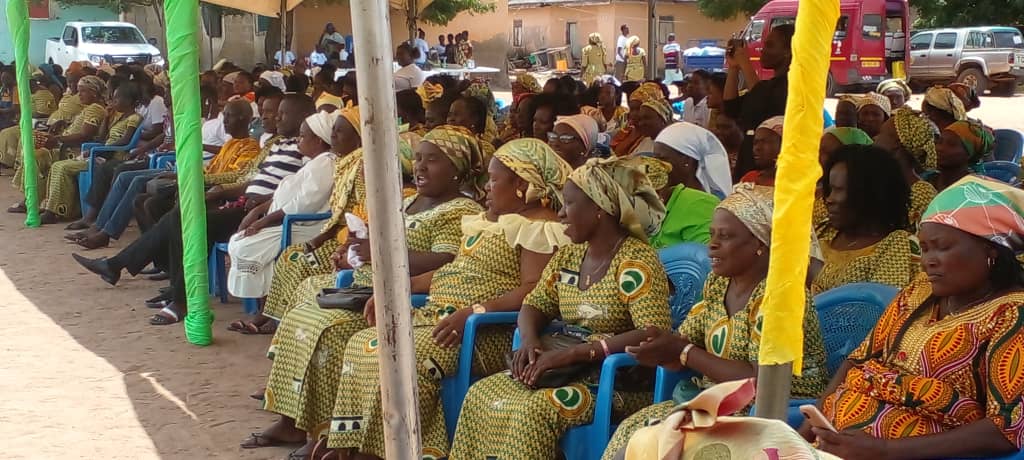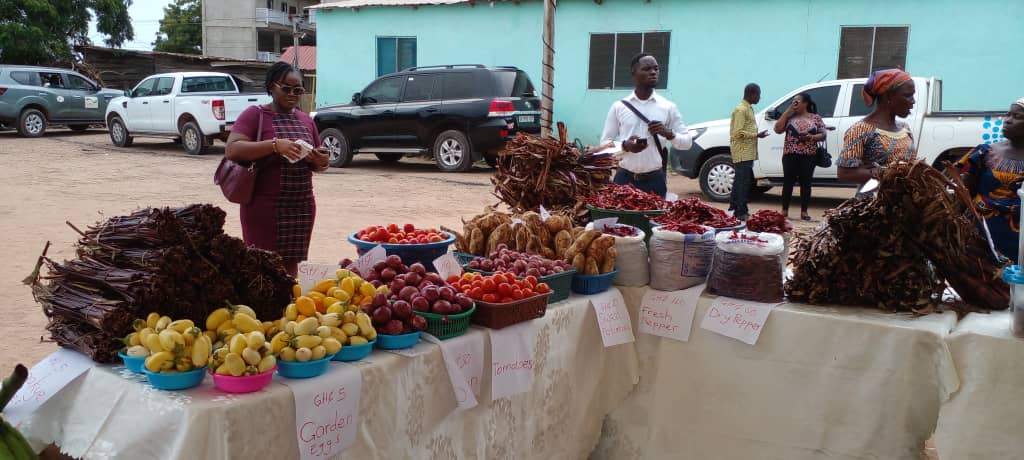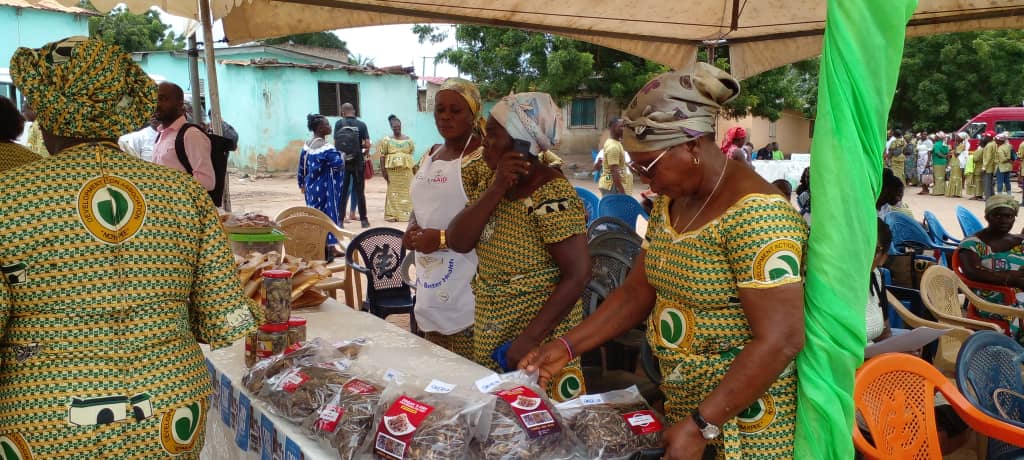By Godwill Arthur-Mensah
Accra, Oct.16, GNA – Peasant rural women farmers and fish processors in the Central and Greater Accra regions have raised concerns about excessive costs of farm inputs such as fertilizers, weedicides, pest control chemicals and seeds.
They also complained about encroachment by sand miners on their farmlands thus limiting access to lands for cultivation of crops.
The farmers were drawn from Winneba, Nyanyano, Mumford,Apam, Kokrobite, Bortianor, Sege, Afram Plains, Chokor,Ningo, Amasaman and Suhum.
The farmers raised these concerns during this year’s International Rural Women’s Day held in Kokrobite in the Ga South Municipality of the Greater Accra Region, on Monday.

The event was organised by the Development Action Association on the theme, “Rural Women: Cultivating Good Food for All”.
The United Nations set 15th of October to celebrate the International Rural Women’s Day to highlight and promote women’s fundamental role in agriculture and strengthening of food security around the world.
It was also to honour the efforts of rural women every year for their contribution towards global food security, nutrition, and poverty reduction.
In an address read on her behalf, Madam Mavis Hawa Koomson, the Minister of Fisheries and Aquaculture Development, lauded rural women for the critical role they were playing in the agriculture value chain and helping to attain the UN Sustainable Development Goals 1,2,5 and 14.
She said 50 per cent of rural women were engaged in post-harvest agriculture value chain, 28 percent into aquaculture and 18 percent into fish processing and, therefore, called for their economic empowerment.
The minister underscored the need for rural women to be involved in decision-making processes to ensure that their ideas and knowledge were considered for effective policy interventions and strategies.

Madam Koomson said her Ministry, over the years, had been implementing various policies to empower women, including access to credit facility, access to technology and innovation for improved fish processing.
It was also working on developing a safe fishing certification scheme and introducing safe and improved technology for upscale production of agricultural produce.
Mrs Lydia Sasu, the Executive Director of the Development Action Association, called for an aquaculture biosecurity plan to curb business behaviours that damaged the ecosystem.
The plan, she said, should ensure fish farming protected wild species and promoted healthy, productive, and resilient water-use ecosystems, including domestic jobs and services.

Women contribute about 60 per cent to agriculture development in Ghana, and all are smallholder farmers, of which about 95 percent are rural dwellers.
The event witnessed an exhibition of primary and value-added products from women farmer groups and fish processors.
GNA